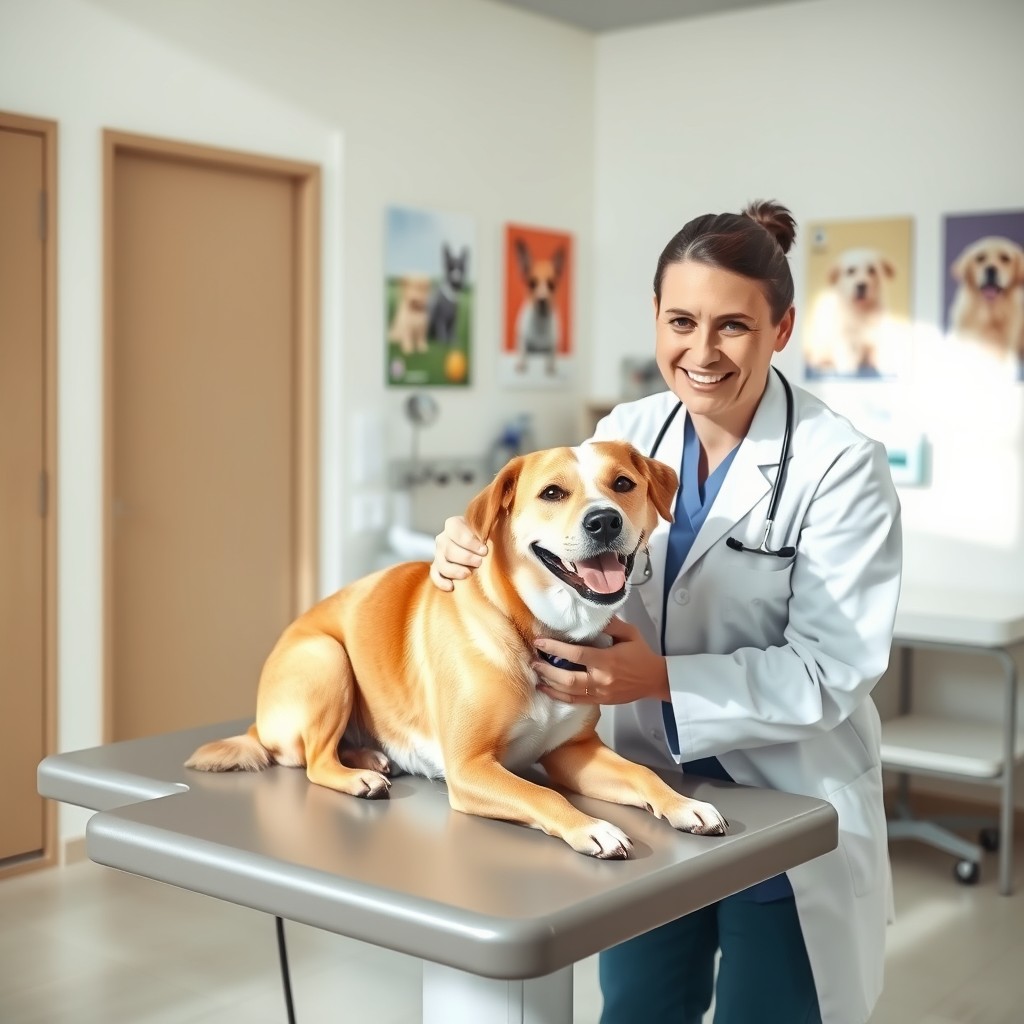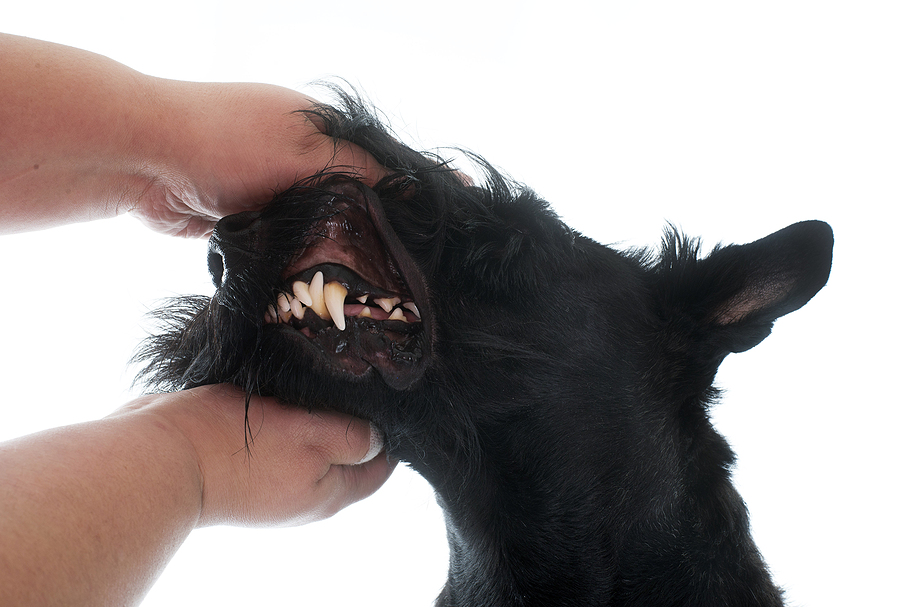In regards to your beloved pet’s health and wellness, the quality of veterinary care matters the most. We understand at our Woodbridge Pet Hospital that your pet is a beloved family member. That’s why we provide compassionate, experienced, and reliable veterinary care that is individually tailored to the needs of every pet. Comprehensive veterinary care
Read MorePet Dental Care Why It Matters and How to Keep Your Pet’s Teeth Healthy Most pet owners worry about vaccines, diet, and grooming—but one very vital aspect of their pet’s overall health falls through the cracks: dental health. Pets, like humans, are susceptible to plaque, gum disease, and cavities. We stress the necessity of dental
Read MoreRoutine check-ups for your pets are as important as they are for people. Whether you have a hyperactive dog, a curious cat, or an older companion, routine veterinarian visits will identify problems early and have your pet in top shape. At Woodbridge Pet Clinic, we can not overemphasize the importance of prevention. Below are a
Read MoreCommon Pet Illnesses and How Our Animal Clinic in Woodbridge Can Help Pets are good friends in our families, and just as with all of us, they become sick every now and then. Knowing the symptoms of some basic pet illnesses and when it’s time to call a professional will go a long way in
Read MoreProper care for your pets involves more than just feeding and walking them. At Pet Clinic Woodbridge, we are convinced that preventative care, education, and routine care are what help your pets have a long and healthy happy life. At Pet Clinic Woodbridge, the tips listed below are essentials for both first-time pet owners as
Read MoreHealthy Nutrition for Pets: Veterinarians’ Recommendations in Woodbridge Healthy diet is one of the ingredients in the recipe for a long, healthy, and happy life for your pet. Pets, like humans, require a balanced diet with all the nutrients, vitamins, and minerals that are necessary for optimal health. But few pet owners are aware of
Read MoreTaking your pet to a new environment can be quite stressful for both you and your furry companion. It may be moving into a new home, going to the vet, or traveling. All these new environments can make your pet feel anxious or stressed. The ability to identify signs of stress in your pets and
Read MoreAs the pets grow older, their needs and behavior change; just like human beings, pets in old age need much attention to keep them up to standards. Older dogs and cats are more prone to illnesses, limitations in their movements, and dietary adjustments than younger ones, meaning pet owners have to adjust and adapt to
Read More“Man’s best friend.” This is a phrase commonly used to describe dogs, and one which rings true with findings from a poll of pet owners in the U.S. saying their animals offer companionship (65 percent), are a true friend (65 percent), and provide unconditional love and support (64 percent).
The recent Healthy Minds Monthly Poll, conducted by Morning Consult for the American Psychiatric Association (APA) and the American Veterinary Medical Association (AVMA), was participated in by 2,200 adults on Feb. 6-9. Majority of the respondents (84 percent) say their pets have a mostly positive impact on their mental health. According to the APA statement, this insight is similar to the results of last year’s polling on the same topic.
“It’s easy to overlook the role of pets when we’re talking about mental health,” says APA president Petros Levounis, MD, MA. “But for people who do enjoy the company of animals, they can be a source of companionship, comfort, love, and friendship. I routinely enco..
Following five years of study, the Topikos Biofilm Research Institute (TBRI), a division of Topikos Scientific, Inc., has reported an advancement in the treatment of periodontitis resulting from a study of over 100 dogs with gingivitis and periodontitis.
“Dental science was first to conclude that biofilm disease, dysbiosis, drove the pathway from plaque and gingivitis to anaerobic, increasingly pathologic biofilms in the sub-gingival sulcus leading to ligament and bone loss that creates irreversible periodontitis,” says TBRI team member Kevin Cawood, DVM. “Over several decades it became clearer chemical elements in the biofilm matrix entered the circulation to cause distant inflammation and serious complications.”
Dr. Cawood, along with the rest of the TBRI team, ENT physician William Cast, MD, and microbiologist Michael Bechill, PhD, treated dogs of various breeds, age, and disease severity with scaling, polishing, and placingement of an antibiofilm compound into the subgingival sul..









